'Studious' 12-year-old becomes another victim of Indian atrocities in Kashmir
According to eyewitnesses, he had been shot in the back of his head by paramilitary soldiers
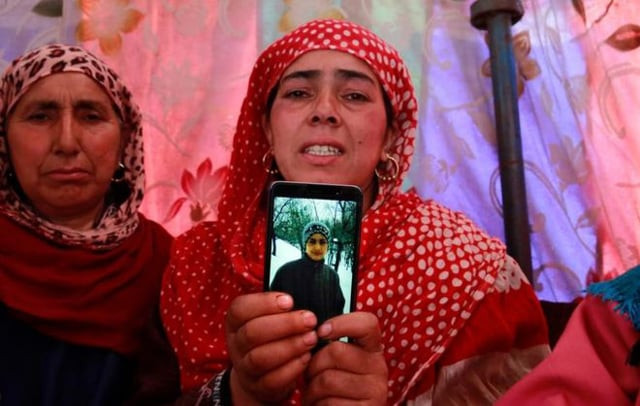
Faizan Fyaz Dar's mother holds up a cellphone which shows his picture. Dar was one of eight people killed during the April 9th violence. PHOTO: ABID BHAT/BBC
The 12-year-old becomes just another person to die because of India's Kashmir problem.
The day he died started like any other. He woke up in his home in Budgam, in Indian Occupied Kashmir. He had tea and recited the Quran. He then quietly left for his Sunday lessons.
A few hours later he lay on the ground, shot dead. According to eyewitnesses, he had been shot in the back of his head by paramilitary soldiers.
Geelani calls for complete boycott of Indian by-elections in Kashmir
On that day, polling was taking place for a parliamentary by-election. For Dar, it was a case of being in the wrong place at the wrong time. He was returning home when he encountered a group of people protesting Indian rule near the school.
According to eyewitnesses, the school was being pelted with stones by the protesters when four shots were fired.
The 12-year-old may have rushed to find out what the chaos was all about when he was hit by a bullet. Two neighbours delivered the news to his home. Upon hearing the news, his mother rushed to the playground where his body lay to hug her bleeding son.
"I knew he was gone," his mother Zarifa told BBC.
According to election authorities, 170 people, including security personnel were injured in 200 incidents of violent protests on that day.
The voter turnout in Sunday's election was the lowest in decades - and came as a huge setback for the mainstream parties in the region.
Soldiers had been brought in from other states to secure polling stations. However, a senior official told BBC they may have been unprepared to deal with "protests and provocations" in the conflict zone of Kashmir.
Elections had been rejected by separatist groups who called upon people to boycott Sunday's poll - this took place after a politician resigned over the 'anti-people' agenda of the Indian government.
As for Dar, it is unclear why he was killed. He was not one of the protesters and simply got caught in the crossfire.
"He would often top his class, and he was very knowledgeable about the world," said Dar's friend while speaking to BBC.
"He was quiet and studious, he was doing well in school. He played cricket and counted [former Indian captain] MS Dhoni as his favourite player. He wanted to become a doctor", said his cousin.
"The blood of a martyr never goes waste," said Fayaz Ahmad Dar, the 12-year-old's father. "One day, the blood of innocents will help us gain our freedom [from Indian rule]."
"I am looking at your books, I am looking at your school bags. How will I touch your books again, my son? Everybody would talk about your intelligence, how you would answer every question with so much wit." his mother laments.
"We are not safe in our own homes, we are not safe on streets. They are killing little boys now. Life is uncertain," said Feroze Ali, a clerk at the secondary school Dar attended.
According to statistics, since February some two dozen civilians in IOK have been killed during gunfights between armed rebels and security forces.
Indian-occupied Kashmir observes shutdown to protest civilian killings
There has been tension and unrest since the killing of Burhan Wani by Indian forces. More than 100 civilians died in clashes with protesters during a four-month-lockdown in the Muslim-majority valley.
Young Kashmiris are getting restless and angry. An opposition party leader told BBC political parties may become irrelevant.
Kashmir appears to be on the brink of open public revolt against India.
"This is the worst situation that I have seen. Earlier, it was a movement led by the militants. Now it is being led by the people," says Feroze Ali, a schoolteacher.
"India needs to be worried, very worried about this."
This story originally appeared on BBC

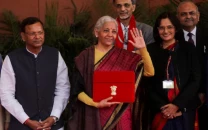
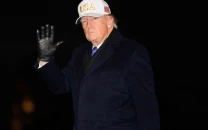
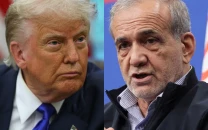
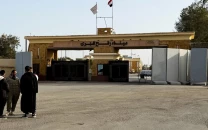
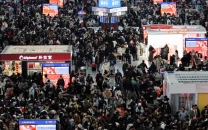













COMMENTS
Comments are moderated and generally will be posted if they are on-topic and not abusive.
For more information, please see our Comments FAQ